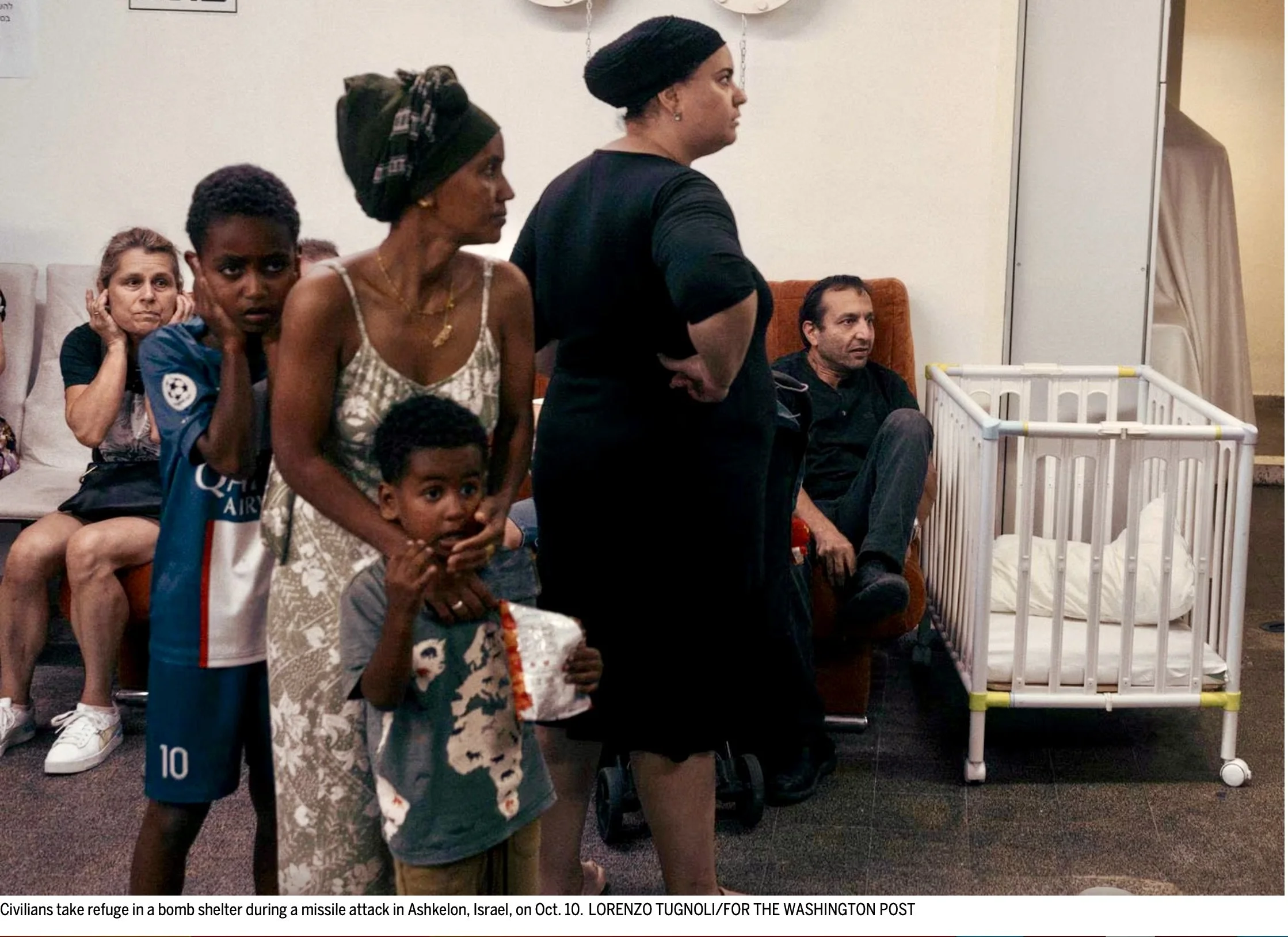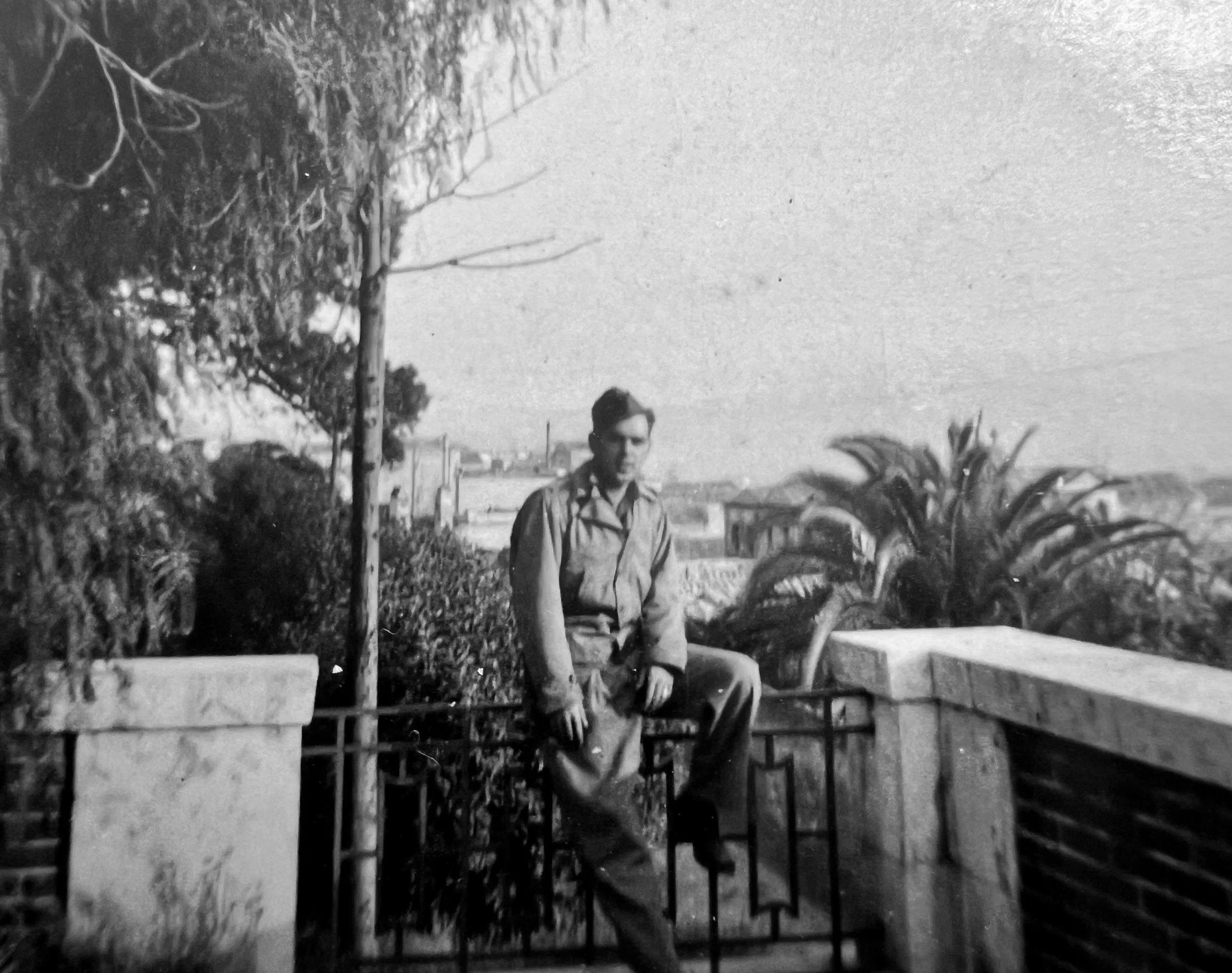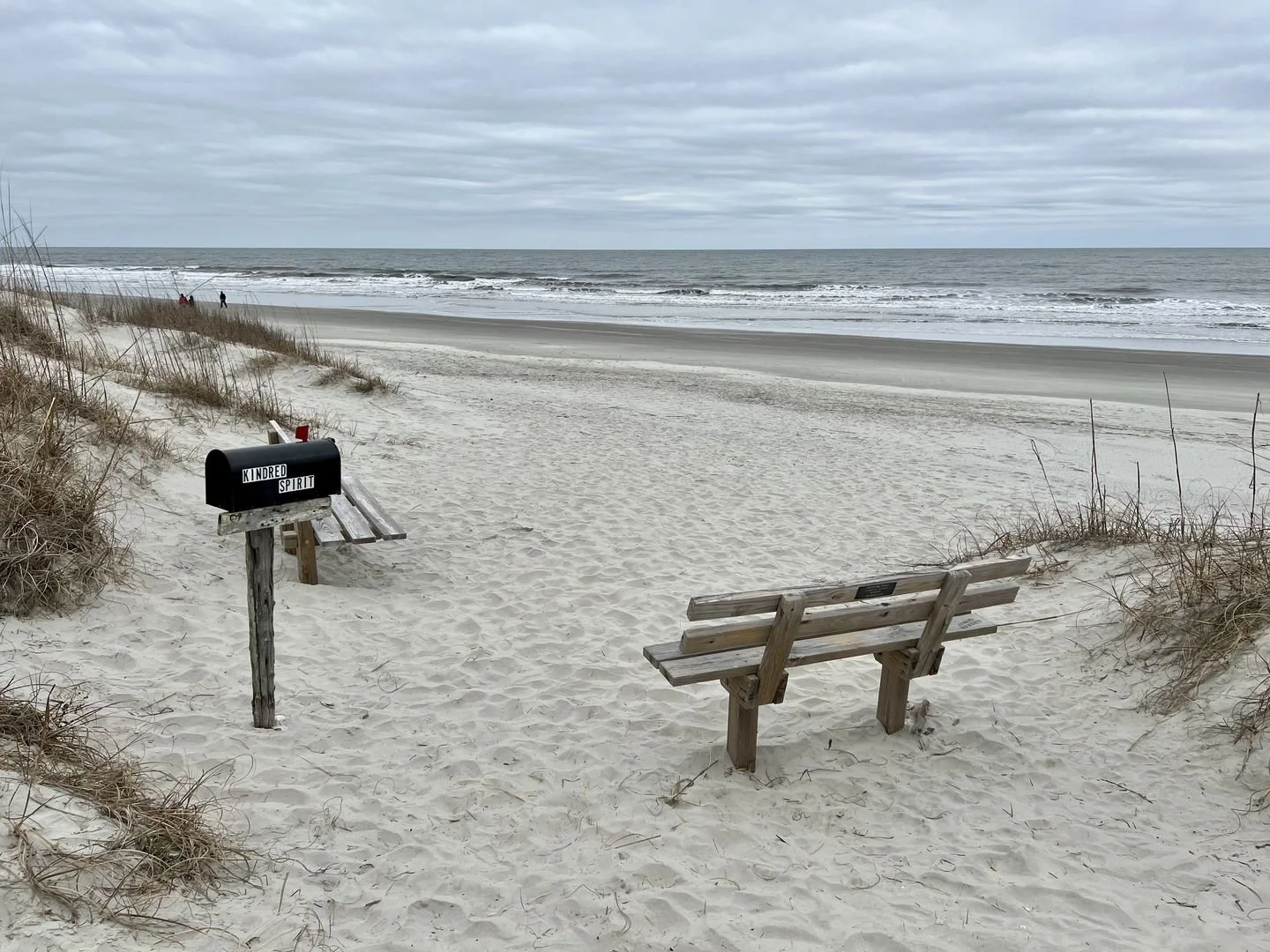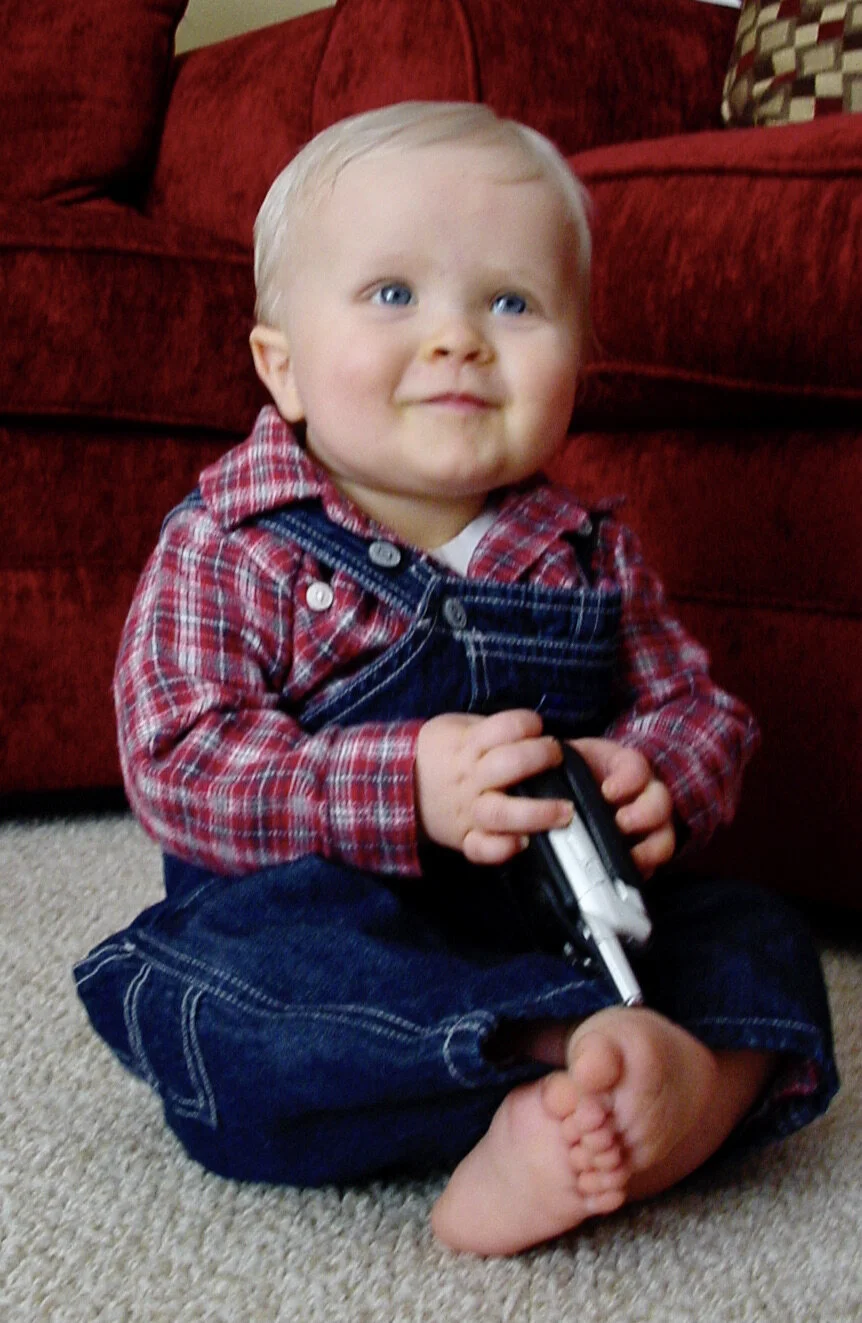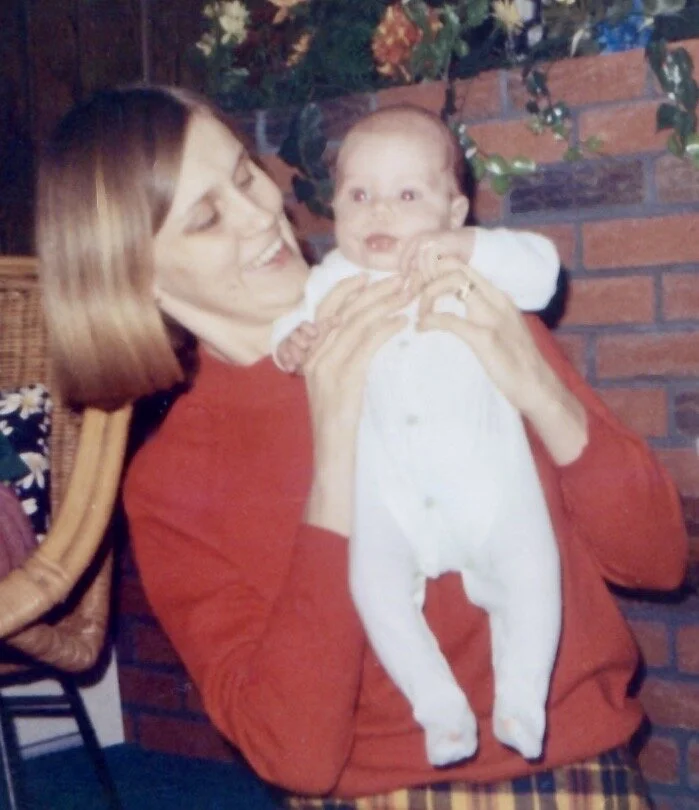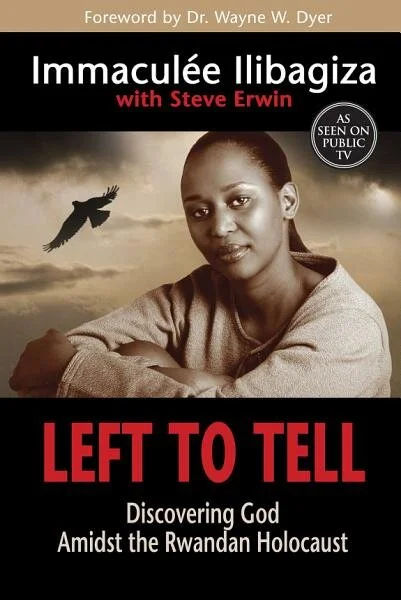Anne Frank’s diary introduced me to reality
/I am about to begin my Anne Frank journal. My friend Maureen bought it for me last year when she and her husband visited the Anne Frank House in Amsterdam. The journal is red and plain, embossed with a shiny outline of the narrow building where Anne Frank hid for 761 days. Its blank pages are lined. It has a pocket in the back, which holds a 4x7-inch black-and-white photo of its young author. It will be my 40th journal. I should have more but I didn’t start keeping them until I was 46.
And yet, Anne Frank is the reason I began to write at all. I was 13 when I first read her diary. Until then, what I knew about World War II was what my mother told me, that my father had fought in it but I was not supposed to talk about it. And what I culled from black and white movies, “Pride of the Marines,” “Mrs. Miniver,” “The Best Years of Our Lives,” which I watched on Sunday afternoons with my mother on a small black-and-white console TV that was the centerpiece of our parlor.
Anne Frank’s diary introduced me to reality.
Read More


